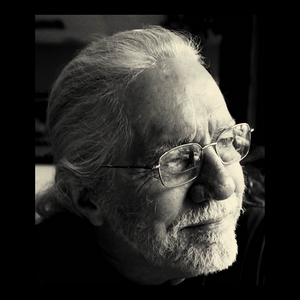Economic bubbles are a consequence of temporary disruptions in supply or demand. Public policy and government subsidies can create such bubbles. What goods or services are subsidized by public policy today? Will they continue to be subsidized indefinitely? Who wins and who loses when governments subsidize particular activities?
Why is the income-tax
code so complicated?
The IRS says that it leaves revenues of $300 billion a year
on the table, uncollected, because the tax code is so complicated. Jon Stewart stated the obvious when he
observed that poor people are not to blame!
What processes have led to this mess?
What keeps our legislators in
Are Republicans and
Democrats really that different?
A recent political cartoon observed that both parties answer to corporations. Is this equally true? Aside from corporate money, where does popular support for each party originate, and are there differences according to age, geography, race, gender, income, wealth, and education? Do contrasts exist in the platforms of each party?
Where is there racism
today?
The US Supreme Court recently struck down key provisions of the 1965 Voting Rights Act, suggesting that no institutional racism exists today. Is our fear of certain stereotypes on the street, late at night, a subtle form of racism? Do we tacitly assume that people of color (or lack thereof) may harbor hostility toward us because of our color or lack thereof? Can we explain differences in education, poverty, employment, and incarceration rates without referencing race? How would the historical consideration of race relations affect public policy? Should history be taken into consideration at all?
Why has the power of
organized labor declined?
Collective bargaining is a hard-won right once enjoyed by millions of union members throughout the country; today, membership has declined, and union power is at a multi-decade low. Why have several states recently enacted "right-to-work" laws, and what is their effect? What institutions have influenced this legislation? Who wins and who loses when the power of collective bargaining is dissipated?
How does globalization
work?
Many large
Why are so many
Americans behind bars?
The
*****
Questions like this are indeed bigger than a breadbox. Even without answers, they may be enough to help us see through the lies and distortions designed to get us to act in a particular way, or more likely to lull us into inaction as others take our initiative from us.
A better understanding of the forces that have molded our views can lead to a better understanding of the world that surround us. That understanding can then lead us to make more informed decisions and take more enlightened action to improve our lives. We might even be empowered and motivated to influence our institutions to respond more appropriately to threats and attacks -- or to evolve strategies to avoid the development of threats altogether.
(Note: You can view every article as one long page if you sign up as an Advocate Member, or higher).




